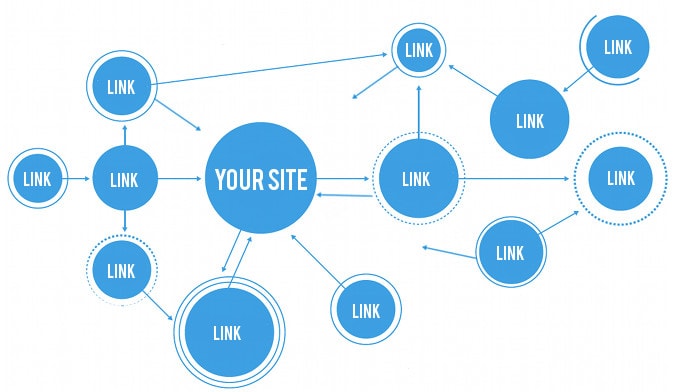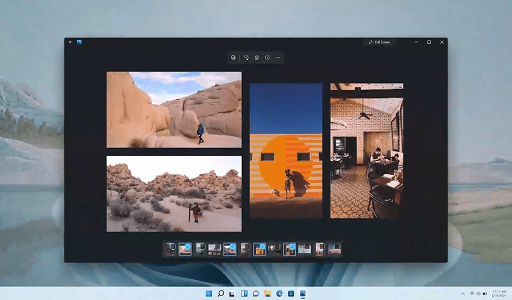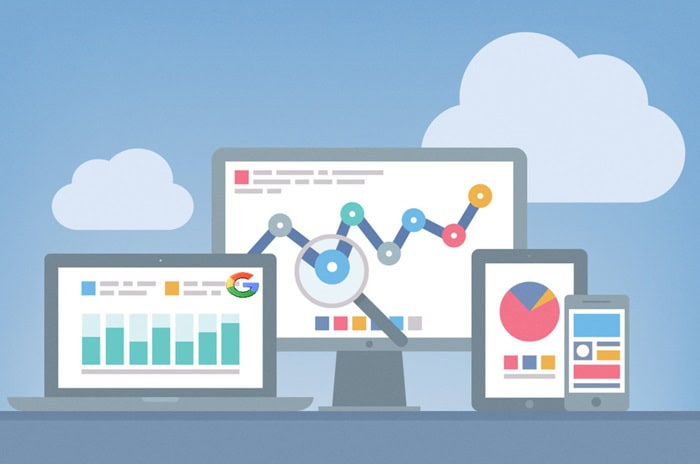Recently, on Reddit, John Mueller of Google answered a question about backlinks. He said that one probably would not always get a great outcome if great importance is given to backlinks. It simply reflects the Google trend in recent times, where other factors are being stressed upon rather than giving importance to backlinks.
The person asking the question wanted to know why various backlink checkers report different backlink data, especially for a rather new website which had been completely indexed.

Note that backlink checkers do not choose which sites and their corresponding backlinks to go with. Instead, they crawl the web in an organized manner, mapping links from one website to another. Because the web is so big, these tools prioritize their crawl, meaning that not all content is indexed, much less included in their database.
This brings the essence of the original query.
“I have a couple backlinks on google search console on the “external links” page and I know recently I have gotten a few more.
However, on Ahrefs it says I have none. Is there a reason? My website is relatively new but I feel like that should not matter because everything is indexed and working properly. Is there a reason?”
Mueller suggested that determining the number of links is not inherently objective, possibly hinting at the inherent subjectivity in the process of selecting what to crawl and index within each tool’s framework.
You can also read: Best Link Building Strategies for Local SEO
He responded:
“There’s no objective way to count links on the web, and every tool collects its own data from crawling, which every tool does differently, so there will always be differences.”
In his response, Mueller initially emphasized the importance of not focusing solely on link quantities and highlighted that search engines possess alternative methods for discovering web pages.
He replied:
“My recommendation would be not to focus so much on the absolute count of links. There are many ways that search engines can discover websites, such as with sitemaps.”
Towards the conclusion of his response, Mueller changed the discussion toward links, seemingly diminishing their significance.
Mueller remarked:
“There are more important things for websites nowadays, and over-focusing on links will often result in you wasting your time doing things that don’t make your website better overall.”
He has shifted from discussing backlink quantities. Now, he’s specifically addressing the broader concept of links.
Over the previous six months, Google has been indicating and suggesting that links hold less significance than before. This change from Google coincided with four alterations to their documentation, all of which minimized the importance of links, including the removal of the word “important” from a sentence regarding links as a ranking factor. The rest of the sentence remained unchanged; only the word “important” was removed from the documentation.
You can also read: Google on Spammy Backlinks and Their Adverse Effect on Rankings
Previous version:
“Google uses links as an important factor in determining the relevancy of web pages.”
After:
Google uses links as a factor in determining the relevancy of web pages.
The initial explicit statement from a Google representative was made at PubCon Austin last autumn, when Gary Illyes stated that links don’t even rank among the top three factors influencing rankings.
Even two years ago, John Mueller hinted that the significance of links would diminish.
He mentioned:
“…it’s something where I imagine, over time, the weight on the links at some point will drop off a little bit as we can figure out a little bit better how the content fits in within the context of the whole web.”
Would you like to read more about “Google Says Excessive Focus on Links Building Could Be A Waste Of Time” related articles? If so, we invite you to take a look at our other tech topics before you leave!
![]()













